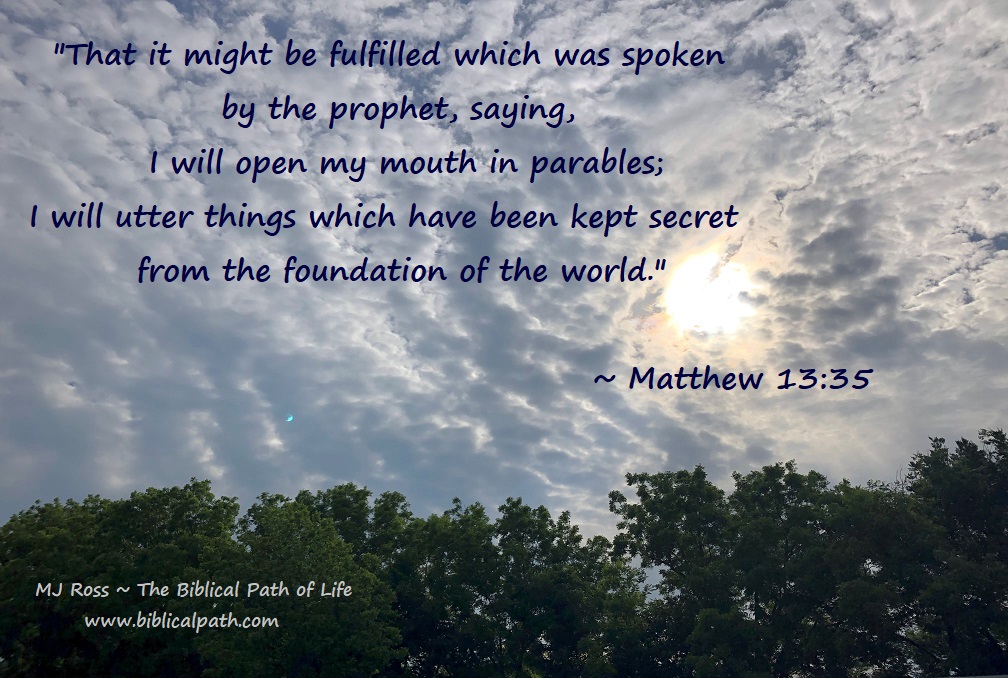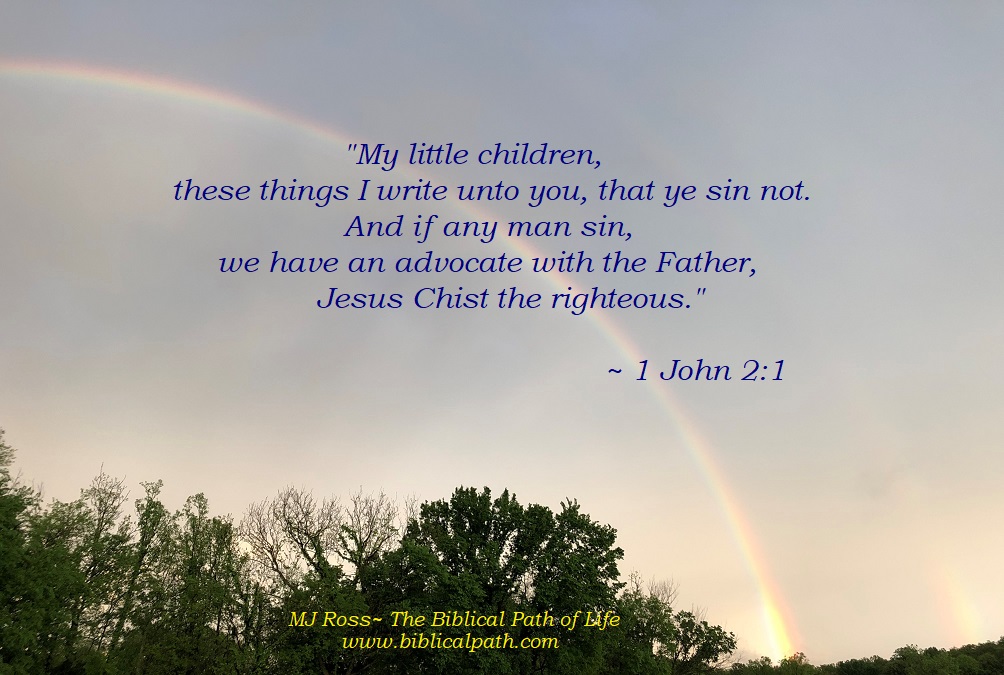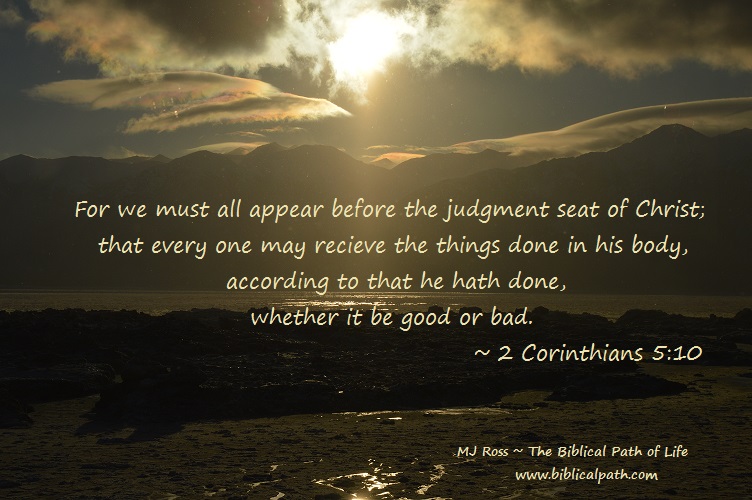
Romans 6:23
“Remember the familiar Bible lessons of Jacob and one of his sons, Joseph. Joseph was the eleventh son and the last to be born to Jacob before he returned to the land promised to Abraham and Isaac. Joseph was a godly young man in spite of adverse circumstances in his life. God used him to save his family from starvation during a time of famine throughout the lands.
“In the Old Testament, Joseph is one of the people we compare to a picture of Christ. … God promised to send One who would deliver a sinful people from their sins. The first time was when man sinned in the garden (Genesis 3:15), and then we saw God promise Abraham that all people would be blessed through his descendants (Genesis 22:18). We even saw a picture of what God would do—lay down the life of His Son. In this lesson, we see once again the promise of a mighty Deliverer who would come (Genesis 28:14). And better yet, we see a picture of a mighty deliverer in Jacob’s son, Joseph. When Joseph’s brothers sold him into slavery, they meant it for evil. ‘But as for you, ye thought evil against me; but God meant it unto good, to bring to pass, as it is this day, to save much people alive’ (Genesis 50:20). God sent His Son, Jesus, to save the world from their sin. He was the greatest gift ever given. But sinful man crucified him (evil against Him), and God took what man intended to be evil and delivered us from our sins by Jesus’ death. Just as Joseph recognized that he was placed in a position to save the world from starvation, Jesus came to save the world from ‘the wages of sin … death’ and instead give us the ‘gift of God … eternal life through Jesus Christ our Lord.’ Notice the faithfulness of Joseph and the blessings of God upon him … for although he endured many problems (his brothers hated him; he was sold into slavery; he was falsely imprisoned and forgotten; and so on), he remained faithful to God. And God blessed Joseph’s life. …
“Joseph is an excellent example of enduring hatred and rejection from family members and still walking with God. When he was sold as a slave, Joseph still lived as an upright young man, choosing to do what was right in God’s eyes. When falsely thrown into prison, God was still with Joseph, and Joseph honored God with his life.
“… God promised to send One who would deliver a sinful people from their sins. …God planned to send His Son, Jesus, from the beginning, and he constantly reminded mankind that He would come, sometimes giving them a verbal promise and other times a physical picture (like Joseph) to help them (and us today) understand. Jesus is God’s greatest gift, for he came to save people from their sins. … Just as Joseph saved people from starvation, Jesus came to save mankind from sin.”
“For the wages of sin is death; but the gift of God is eternal life through Jesus Christ our Lord” (Romans 6:23).
(Excerpt from Year One Quarter Two, Lesson 4 of The Biblical Path of Life)
What is the greatest gift God ever gave? His Son, Jesus—to pay the penalty for our sins.
Have you accepted this gift?







